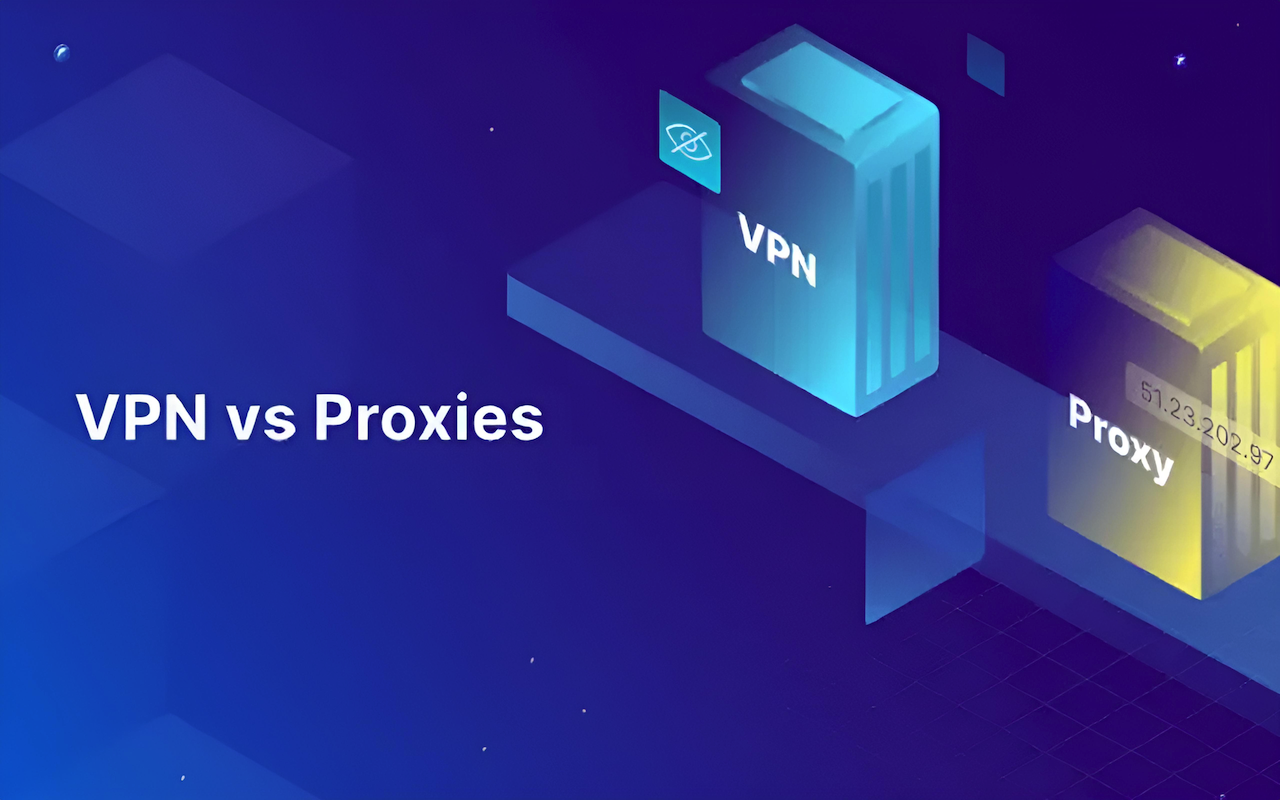
Every major platform now treats the IP as part of the user fingerprint. Country, city, ASN, carrier, network type, and reputation history are checked in milliseconds. One mismatch → CAPTCHA, throttle, verification loop, or instant ban.

Every major platform now treats the IP as part of the user fingerprint. Country, city, ASN, carrier, network type, and reputation history are checked in milliseconds. One mismatch → CAPTCHA, throttle, verification loop, or instant ban.

Google Reviews have become one of the most influential trust signals on the internet. With more than 1 billion users relying on Google Reviews every month, the feedback posted on business listings directly shapes customer decisions, local rankings, and brand reputation. For analysts, marketers, and researchers, scraping Google Reviews provides access to rich consumer sentiment, detailed behavioral insights, and competitor intelligence. Whether you’re building a dataset for sentiment analysis or simply want to understand what customers are saying about your industry, extracting this information can be incredibly valuable if done responsibly.
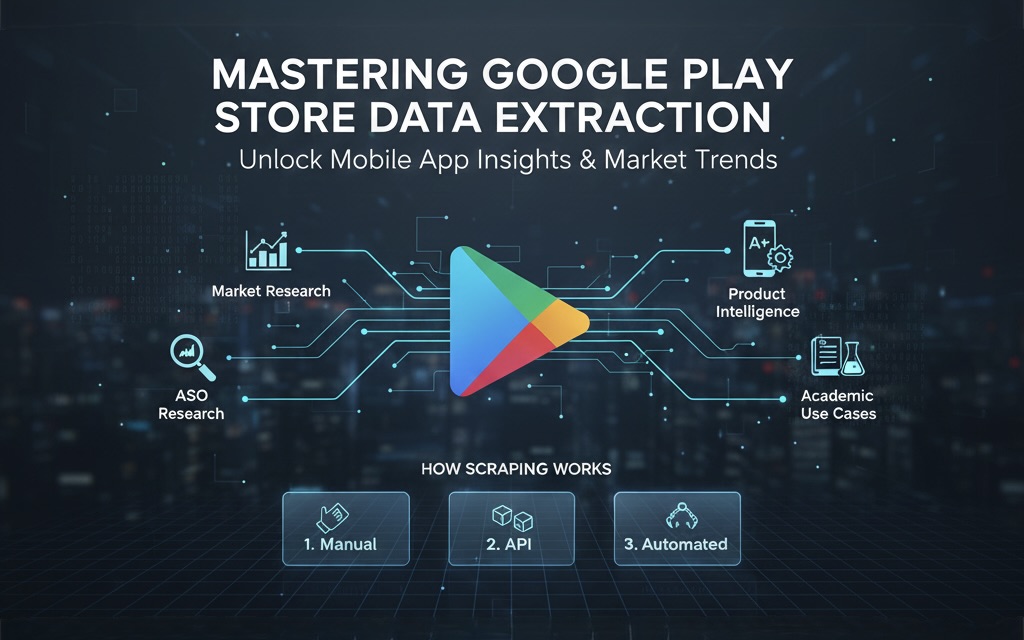
With more than 3.5 million apps and billions of interactions each month, the Google Play Store has become one of the richest open datasets for understanding mobile app trends, consumer behavior, and software performance. Whether you’re analyzing competitors, conducting market research, or studying user sentiment, the Play Store provides a vast pool of public information. Yet scraping it requires a careful balance of technical skill, responsible practices, and respect for Google’s policies. This article explains what kind of data can be collected, why scraping is useful, how it works at a high level, and what challenges and ethical considerations you should understand before getting started.

Staying anonymous and gathering data online has become increasingly important, especially for businesses relying on automation, research, and global visibility. One tool that continues to gain traction is the proxy, a reliable way to access the internet through geographically targeted IP addresses rather than your own IP address.
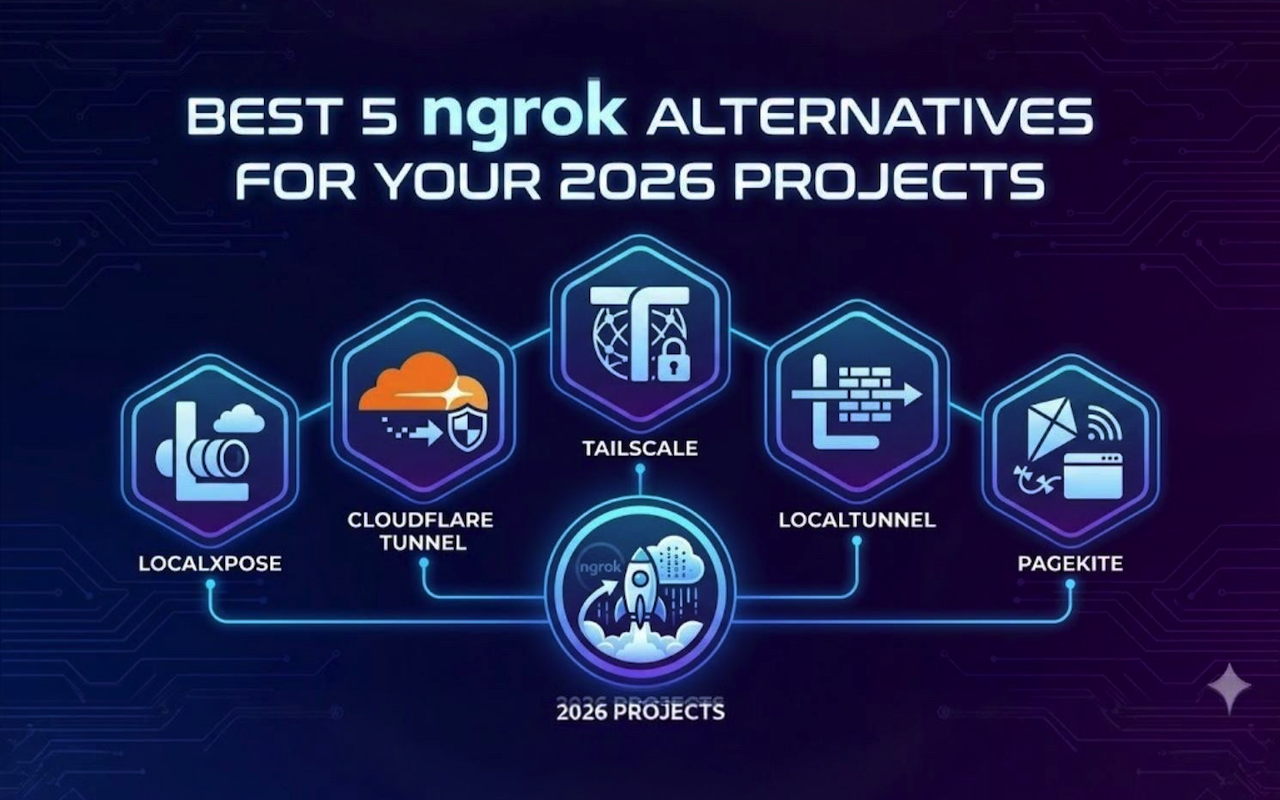
When you're building a web application locally and need to share it with a client, test a webhook integration, or demo your work to a remote team, exposing your localhost to the internet becomes necessary. ngrok has been the go-to solution for years, but it's not the only option, and depending on your specific needs, it might not even be the best one.
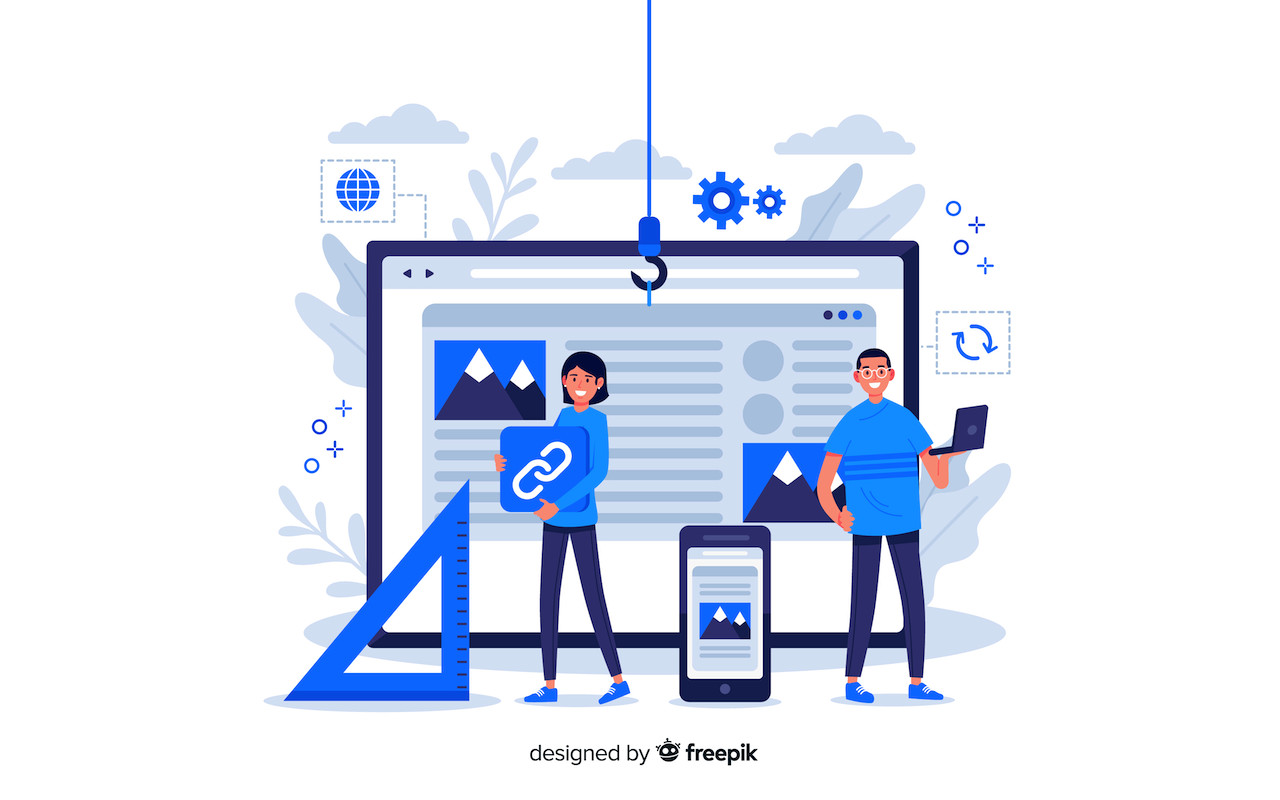
Let’s clear a common misconception right away: a proxy is not a privacy tool by default. It’s a routing mechanism, and its trustworthiness depends entirely on where it sits in the network topology and how it handles metadata. When engineers choose between residential and datacenter proxies for web scraping, they’re not deciding between “safe” and “unsafe,” but between two fundamentally different architectures with unique fingerprint surfaces, latency profiles, and resistance to detection.

In the era of big data, having reliable and clean IP addresses is essential for businesses, researchers, and developers who rely on web data. Whether you're performing market research, SEO monitoring, or cybersecurity testing, the quality and rotation of your proxies can make a significant difference.
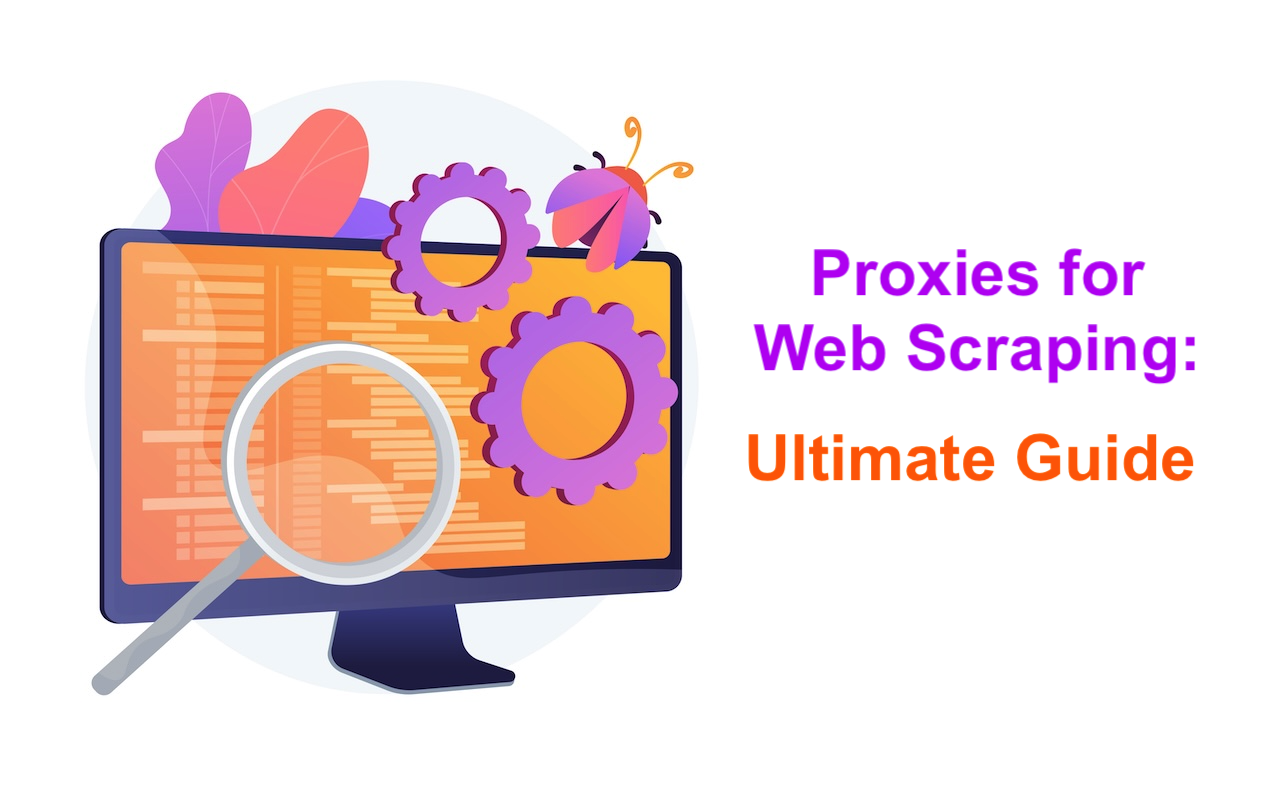
In the age of data-driven decisions, businesses rely heavily on web scraping to collect valuable insights—whether for market research, SEO tracking, eCommerce analytics, or competitive intelligence. But scraping the web directly from a single IP is risky. Websites use detection systems that can block requests, throttle traffic, or trigger CAPTCHAs.
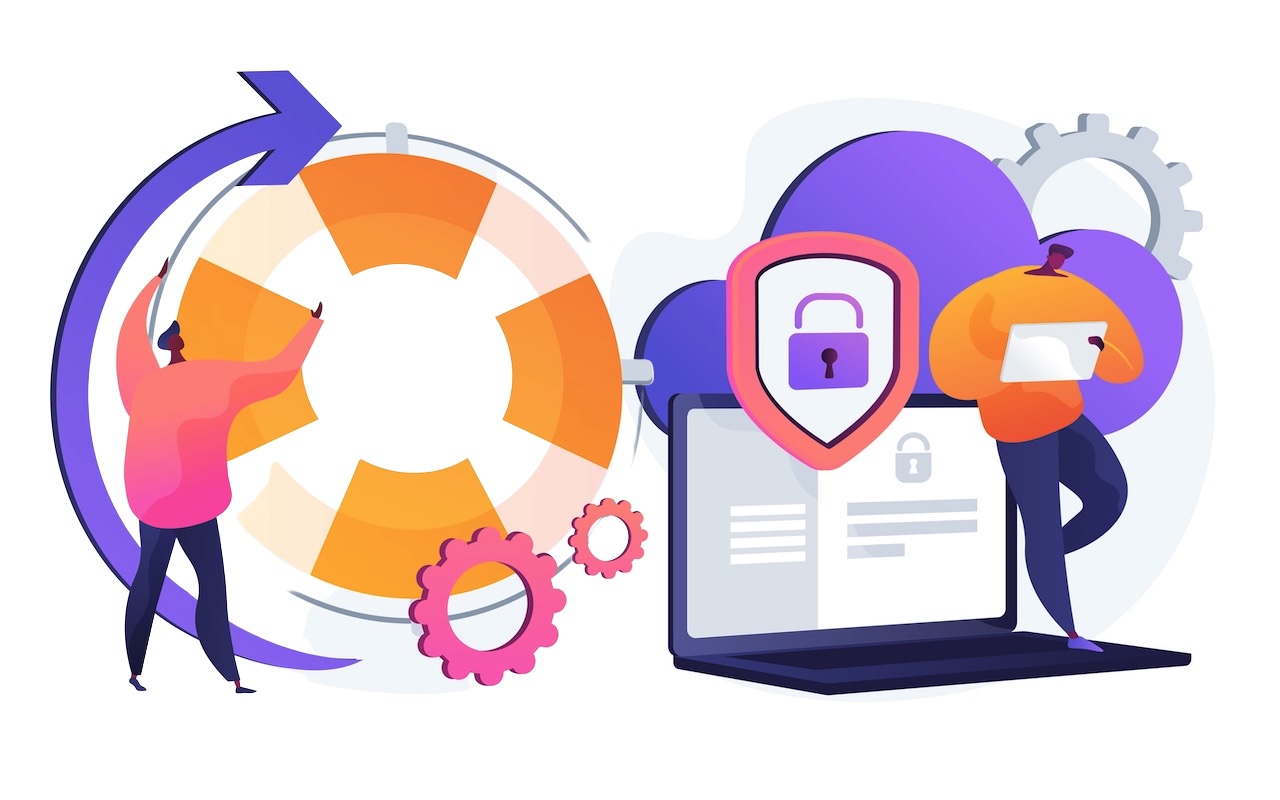
In today’s data-driven world, web scraping has become the heartbeat of industries that depend on large-scale data analysis — from eCommerce and SEO to finance and market research. Yet, as websites become more sophisticated in detecting bots, maintaining access without being blocked has become a challenge. That’s where rotating proxies come into play — the hidden engine that keeps web scraping smooth, stealthy, and scalable.
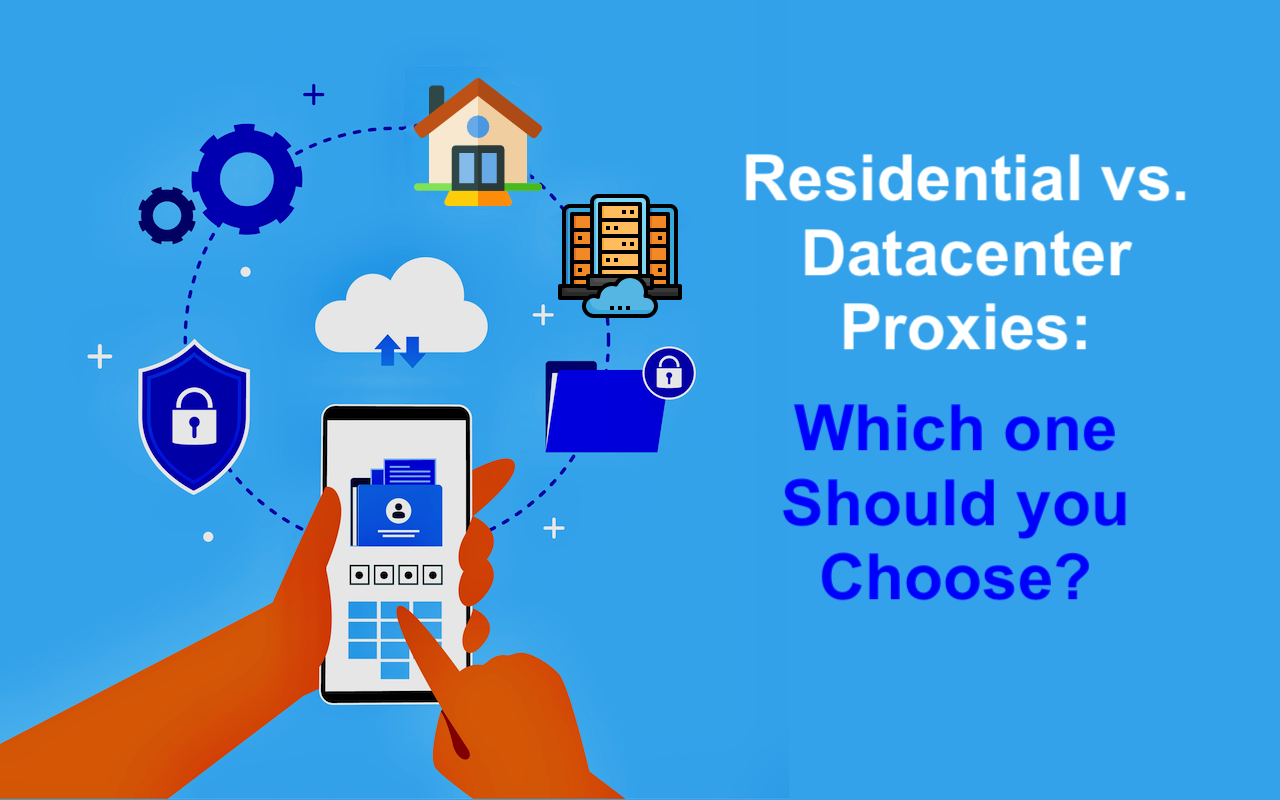
In today’s digital landscape, proxies are more than just tools for hiding IP addresses—they’re essential for secure, scalable, and anonymous web operations. Whether you’re gathering market data, managing multiple accounts, or verifying ad placements, proxies allow you to interact with the web safely and efficiently.